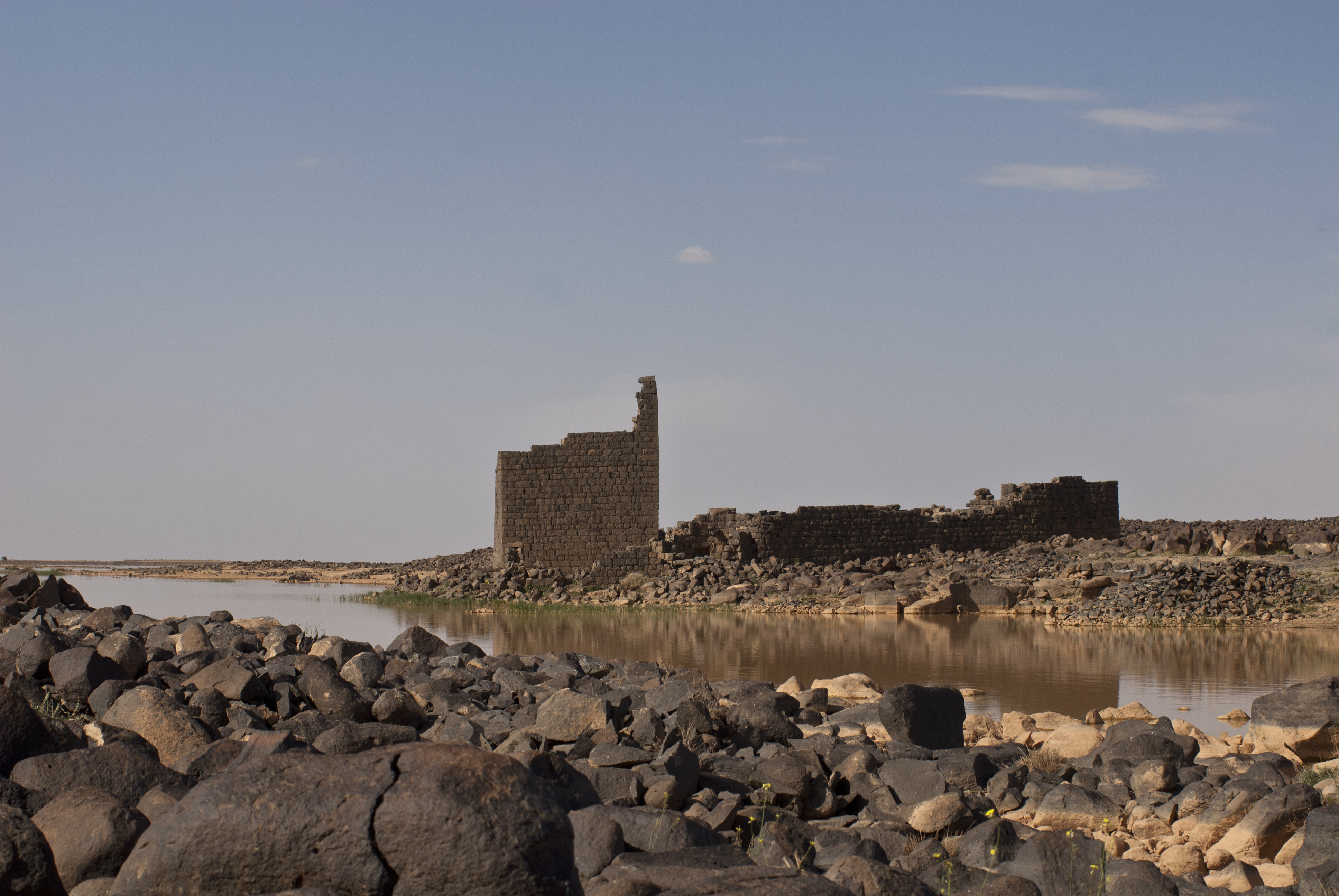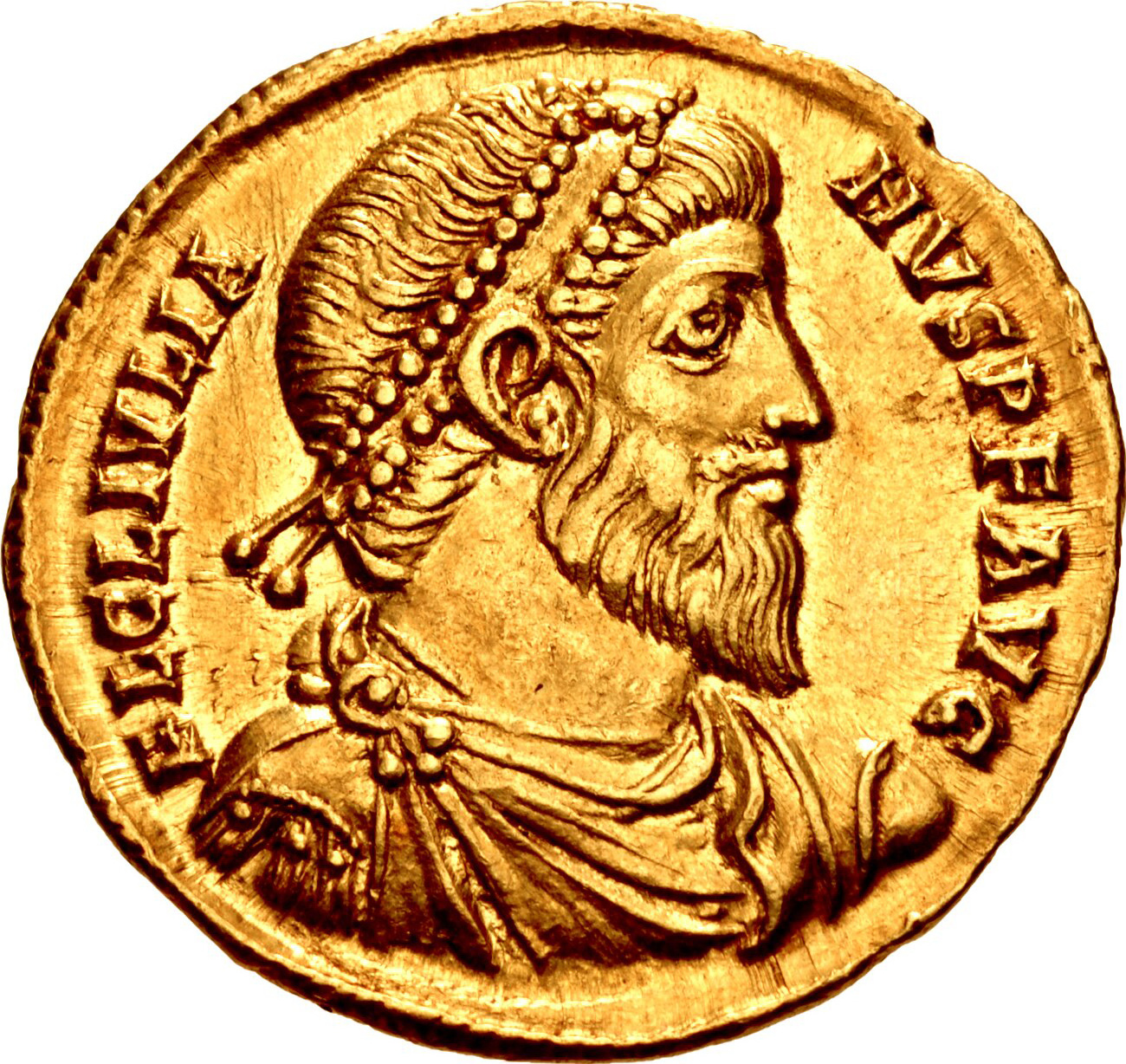|
Yazīd III
Yazid ibn al-Walid ibn Abd al-Malik (; 701 – 3/4 October 744), commonly known as Yazid III, was the twelfth Umayyad caliph, ruling from 744 until his death months later. Birth and background Yazid was the member of the influential Umayyad dynasty. His father, al-Walid was survived by several sons: al-Ya'qubi names sixteen, while historian al-Tabari (d. 923) names nineteen. Yazid III was the grandson of great Umayyad caliph Abd al-Malik and his grand mother was Wallada bint al-Abbas ibn al-Jaz al-Absiyya. Yazid was the son of a Persian princess who had been given as a concubine to Caliph al-Walid I. His mother was Shah-i Afrid, a daughter of Peroz. Al-Tabari quotes a couplet of Yazid's on his own ancestry: :I am the son of Chosroes, my ancestor was Marwan, :Caesar was my grandsire and my grandsire was Khagan. Tabari further records descriptions of Yazid as being tall and handsome. Downfall of Al-Walid During the reign of his cousin al-Walid II, Yazid spoke out against Wa ... [...More Info...] [...Related Items...] OR: [Wikipedia] [Google] [Baidu] |
Caliph
A caliphate ( ) is an institution or public office under the leadership of an Islamic steward with Khalifa, the title of caliph (; , ), a person considered a political–religious successor to the Islamic prophet Muhammad and a leader of the entire Muslim world (''ummah''). Historically, the caliphates were polities based on Islam which developed into multi-ethnic trans-national empires. During the medieval period, three major caliphates succeeded each other: the Rashidun Caliphate (632–661), the Umayyad Caliphate (661–750), and the Abbasid Caliphate (750–1517). In the fourth major caliphate, the Ottoman Caliphate, the rulers of the Ottoman Empire claimed caliphal authority from 1517 until the Ottoman caliphate was Abolition of the Caliphate, formally abolished as part of the Atatürk's reforms, 1924 secularisation of Turkey. An attempt to preserve the title was tried, with the Sharifian Caliphate, but this caliphate fell quickly after its conquest by the Sultanate o ... [...More Info...] [...Related Items...] OR: [Wikipedia] [Google] [Baidu] |
Al-Walid I
Al-Walid ibn Abd al-Malik ibn Marwan (; – 23 February 715), commonly known as al-Walid I (), was the sixth Umayyad caliph, ruling from October 705 until his death in 715. He was the eldest son of his predecessor, Caliph Abd al-Malik (). As a prince, he led annual raids against the Byzantines from 695 to 698 and built or restored fortifications along the Syrian Desert route to Mecca. He became heir apparent in , after the death of the designated successor, Abd al-Malik's brother Abd al-Aziz ibn Marwan. Under al-Walid, his father's efforts to centralize government, impose a more Arabic and Islamic character on the state, and expand its borders were continued. He heavily depended on al-Hajjaj ibn Yusuf, his father's powerful viceroy over the eastern half of the caliphate. During his reign, armies commissioned by al-Hajjaj conquered Sind and Transoxiana in the east, while the troops of Musa ibn Nusayr, the governor of Ifriqiya, conquered the Maghreb and Hispania in the w ... [...More Info...] [...Related Items...] OR: [Wikipedia] [Google] [Baidu] |
Shura
Shura () is the term for collective decision-making in Islam. It can, for example, take the form of a council or a referendum. The Quran encourages Muslims to decide their affairs in consultation with each other. Shura is mentioned as a praiseworthy activity often used in organizing the affairs of a mosque, Islamic organizations, and is a common term involved in naming parliaments. Shura in Islam Sunni Muslims believe that Islam requires decisions made by the Muslim societies to be made by shura of the Muslim community. Traditionally however, the amir, sultan or caliph would consult with his wazirs (ministers) and make a decision, after taking into consideration their opinions. Shia Muslims say that Islam requires submission to existing rulers if they are correctly appointed, so long as they govern according to Sharia or Islamic law. This is a more traditional approach, characteristic of many centuries of Islamic history. The difference between the two appears more ... [...More Info...] [...Related Items...] OR: [Wikipedia] [Google] [Baidu] |
Free Will
Free will is generally understood as the capacity or ability of people to (a) choice, choose between different possible courses of Action (philosophy), action, (b) exercise control over their actions in a way that is necessary for moral responsibility, or (c) be the ultimate source or originator of their actions. There are different theories as to its nature, and these aspects are often emphasized differently depending on philosophical tradition, with debates focusing on whether and how such freedom can coexist with determinism, divine foreknowledge, and other constraints. Free will is closely linked to the concepts of moral responsibility, praise, culpability, and other judgements which apply only to actions that are freely chosen. It is also connected with the concepts of Advice (opinion), advice, persuasion, deliberation, and Prohibitionism, prohibition. Traditionally, only actions that are freely Will (philosophy), willed are seen as deserving credit or blame. Whether free ... [...More Info...] [...Related Items...] OR: [Wikipedia] [Google] [Baidu] |
Mawali
''Mawlā'' (, plural ''mawālī'' ), is a polysemous Arabic word, whose meaning varied in different periods and contexts.A.J. Wensinck, Encyclopedia of Islam 2nd ed, Brill. "Mawlā", vol. 6, p. 874. Before the Islamic prophet Muhammad, the term applied to any form of tribal association. In the Quran and hadiths it is used in multiple senses, including 'lord', 'guardian', and 'trustee'. After Muhammad's death, the Umayyad dynasty accepted new converts to Islam into Arab-Muslim society and the word ''mawali'' gained currency as an appellation for converted non-Arab Muslims in the early Islamic caliphates. Etymology The word ''mawla'', which was used by the Islamic prophet Muhammad about Ali in the Ghadir Khumm speech, is derived from the root ''w-l-y'', meaning "to be close to" or "to have power over". ''Mawla'' can have reciprocal meanings, depending on whether it is used in the active or passive voice: "master" Originally, ''mawāli'' were clients of an Arab people, ... [...More Info...] [...Related Items...] OR: [Wikipedia] [Google] [Baidu] |
Banu Qays
Qays ʿAylān (), often referred to simply as Qays (''Kais'' or ''Ḳays'') were an Arab tribal confederation that branched from the Mudar group. The tribe may not have functioned as a unit in pre-Islamic Arabia (before 630). However, by the early Umayyad Caliphate (661-750), its constituent tribes consolidated into one of the main tribal political factions of the caliphate. The major constituent tribes or tribal groupings of the Qays were the Ghatafan, Hawazin, Amir, Thaqif, Sulaym, Ghani, Bahila and Muharib. Many of these tribes or their clans migrated from the Arabian Peninsula and established themselves in Jund Qinnasrin, the military district of the northern region of Syria and Upper Mesopotamia, which long became their abode. From there they governed on behalf of the caliphs or rebelled against them. The power of the Qays as a unified group diminished with the rise of the Abbasid Caliphate, which did not derive its military strength solely from the Arab tribes. Nonet ... [...More Info...] [...Related Items...] OR: [Wikipedia] [Google] [Baidu] |
Al-Walid II
Al-Walid ibn Yazid ibn Abd al-Malik (; 70917 April 744), commonly known as al-Walid II, was the eleventh Umayyad caliph, ruling from 743 until his assassination in 744. He succeeded his uncle, Hisham ibn Abd al-Malik. Birth and background Al-Walid was the son of Umayyad caliph Yazid II and his wife Umm al-Hajjaj bint Muhammad al-Thaqafi in 709. His mother was the daughter of Umayyad official Muhammad ibn Yusuf al-Thaqafi. His father, Yazid II ruled the Caliphate from 720 to January 724. Yazid II died in Irbid in the Balqa (i.e. Transjordan) subdistrict of Jund Dimashq (military district of Damascus) on 26 Sha'ban 105 AH (28 January 724 CE). His son al-Walid or half-brother Hisham led his funeral prayers. Yazid had intended to appoint al-Walid as his immediate successor, but was persuaded by Maslama to appoint Hisham instead, followed by al-Walid. Early life As al-Walid grew older, Hisham became increasingly displeased with his nephew's behaviour (including an excessiv ... [...More Info...] [...Related Items...] OR: [Wikipedia] [Google] [Baidu] |
Khagan
Khagan or Qaghan (Middle Mongol:; or ''Khagan''; ) or zh, c=大汗, p=Dàhán; ''Khāqān'', alternatively spelled Kağan, Kagan, Khaghan, Kaghan, Khakan, Khakhan, Khaqan, Xagahn, Qaghan, Chagan, Қан, or Kha'an is a title of empire, imperial rank in Turkic languages, Turkic, Mongolic languages, Mongolic, and some other languages, equal to the status of emperor and someone who rules a khaganate (empire). The female equivalent is Khatun. It may also be translated as "Khan (title), Khan of Khans", equivalent to King of Kings. In Bulgarian, the title became known as ''Khan'', while in modern Turkic, the title became ''Khaan'' with the ''g'' sound becoming almost silent or non-existent; the ''ğ'' in modern Turkish language, Turkish ''Kağan'' is also silent. After the division of the Mongol Empire, monarchs of the Yuan dynasty and the Northern Yuan held the title of ''Khagan''. ''Kağan, Hakan'' and ''Kaan'', Turkish language, Turkish equivalents of the title are common Tur ... [...More Info...] [...Related Items...] OR: [Wikipedia] [Google] [Baidu] |
Byzantine Emperor
The foundation of Constantinople in 330 AD marks the conventional start of the Eastern Roman Empire, which Fall of Constantinople, fell to the Ottoman Empire in 1453 AD. Only the emperors who were recognized as legitimate rulers and exercised sovereign authority are included, to the exclusion of junior co-emperors who never attained the status of sole or senior ruler, as well as of the List of Byzantine usurpers, various usurpers or rebels who claimed the imperial title. The following list starts with Constantine the Great, the first Christian emperor, who rebuilt the city of Byzantium as an imperial capital, Constantinople, and who was regarded by the later emperors as the model ruler. Modern historians distinguish this later phase of the Roman Empire as Byzantine due to the imperial seat moving from Rome to Byzantium, the Empire's integration of Christianity, and the predominance of Greek instead of Latin. The Byzantine Empire was the direct legal continuation of the eastern ... [...More Info...] [...Related Items...] OR: [Wikipedia] [Google] [Baidu] |
Marwan I
Marwan ibn al-Hakam ibn Abi al-As ibn Umayya (; 623 or 626April/May 685), commonly known as MarwanI, was the fourth Umayyad Caliphate, Umayyad caliph, ruling for less than a year in 684–685. He founded the Marwanid ruling house of the Umayyad dynasty, which replaced the Sufyanid house after its collapse in the Second Fitna and remained in power until 750. During the reign of his cousin Uthman (), Marwan took part in a Muslim conquest of the Maghreb, military campaign against the Byzantine Empire, Byzantines of the Exarchate of Africa (in central North Africa), where he acquired significant war spoils. He also served as Uthman's governor in Fars (territory), Fars (southwestern Iran) before becoming the caliph's (secretary or scribe). He was wounded fighting the Assassination of Uthman, rebel siege of Uthman's house, in which the caliph was slain. In the ensuing First Fitna, civil war between Ali () and the largely Qurayshite partisans of A'isha, Marwan sided with the latter at ... [...More Info...] [...Related Items...] OR: [Wikipedia] [Google] [Baidu] |




